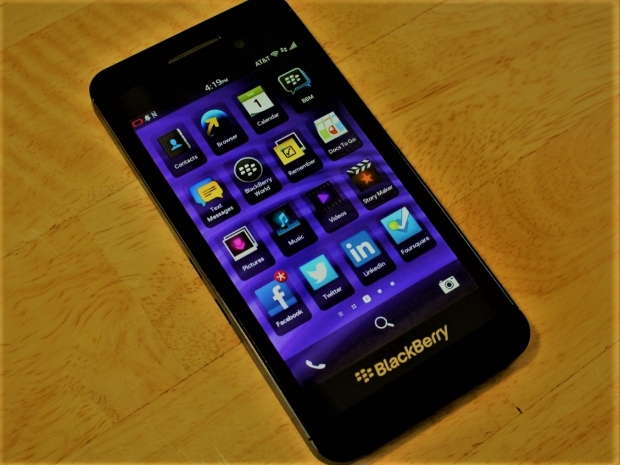While an earlier version of the case was dismissed in March 2015, Chief Judge Colleen McMahon of the US District Court in Manhattan said the proposed class action can proceed now. This was because new information about BlackBerry’s alleged conduct had surfaced during the criminal prosecution of an executive at a retailer that sold its smartphones.
The judge also cited a new legal standard adopted by the US Supreme Court that could make it easier for some plaintiffs to show that statements of opinion might be misleading.
Other defendants include former Chief Executive Thorsten Heins, former Chief Financial Officer Brian Bidulka, and Chief Legal Officer Steve Zipperstein.
While the BlackBerry 10 won positive reviews from critics, it never caught on with the public. BlackBerry decided in 2016 to stop making its smartphones. Shareholders had accused BlackBerry of concealing BlackBerry 10’s true sales prospects in public statements during 2013.
The amended complaint was based in part on information from the 2015 prosecution of James Dunham, a former chief operating officer at the retailer Wireless Zone. That case revealed how an April 2013 report by Detwiler Fenton showing a high return rate for the BlackBerry 10 was based on data sold by Dunham from some 400 Wireless Zone stores.
Dunham pleaded guilty to selling confidential wireless industry information and was sentenced to five months in prison.
McMahon said the plaintiffs had made a “plausible showing” that BlackBerry’s public response to the Detwiler report, including that customers were “satisfied” and return rates were “at or below our forecasts and right in line with the industry,” contradicted data it allegedly had from Wireless Zone.




